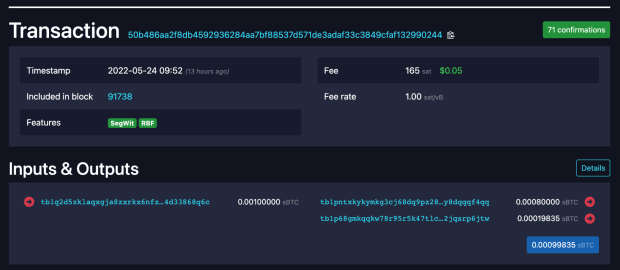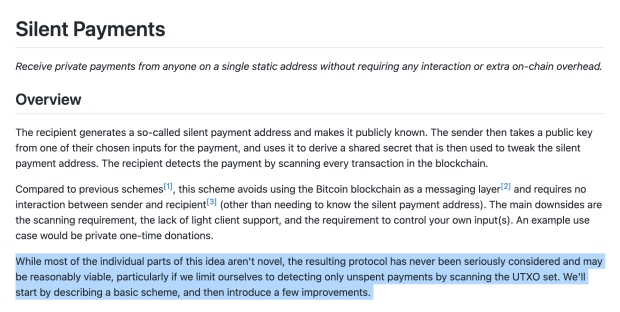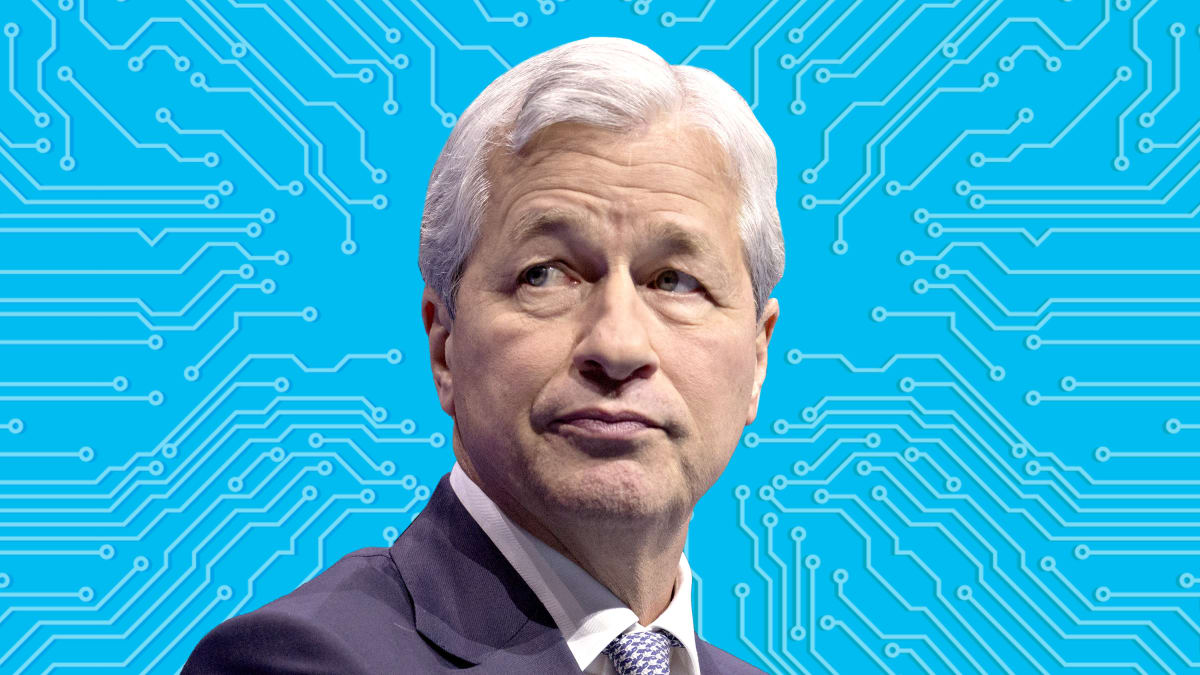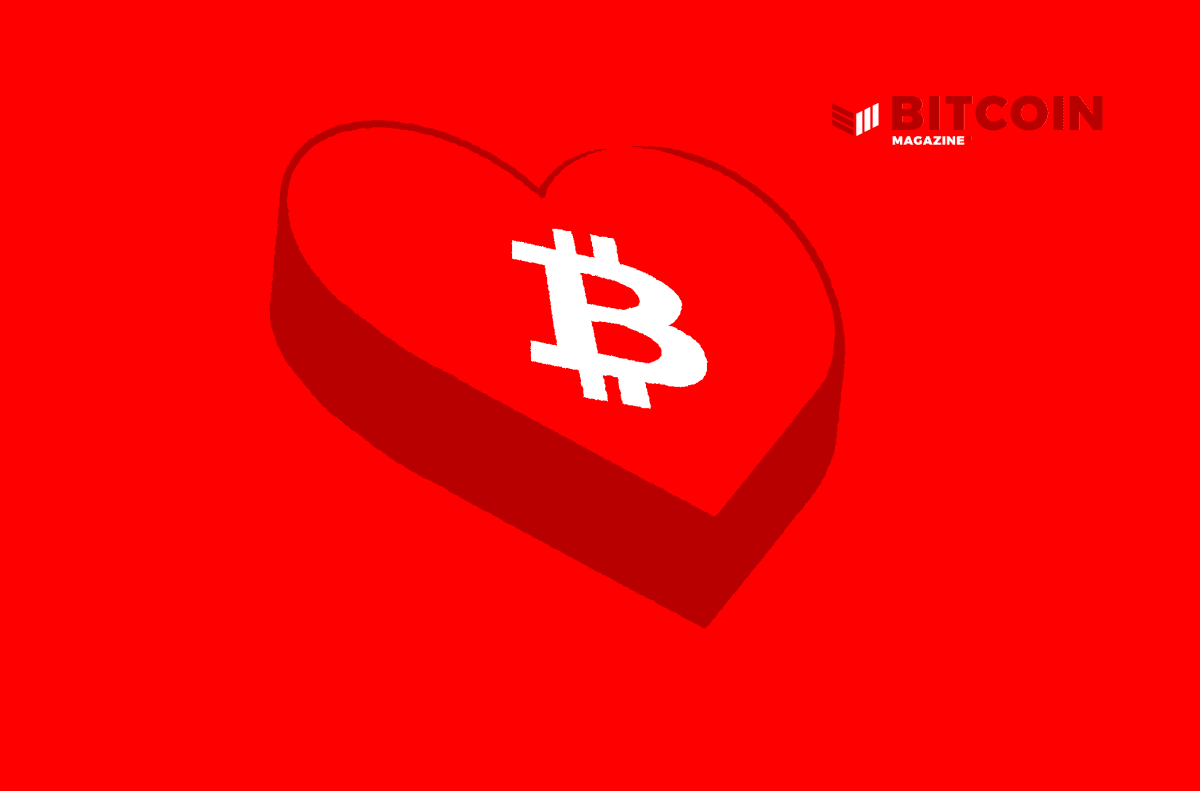Improving Bitcoin Privacy With Silent Payments
By sharing a secret between a receiver and sender, then scanning the Bitcoin blockchain for the transaction, users gain more privacy thanks to a new proposal.
The below is a direct excerpt of Marty’s Bent Issue #1214: “Silent payments.” Sign up for the newsletter here.


Here’s an interesting proposal from Ruben Somsen that would help increase the privacy of those receiving bitcoin: Silent Payments. Somsen’s proposal builds on concepts like BIP47, which allows individuals to create reusable payment codes that can be tweaked by others to create unique public addresses that only the sender and receiver are aware of. This allows the receiver to accept bitcoin in a more private fashion when compared to exposing a xpub or simply reusing a single address to receive payments.
BIP47 introduces the tradeoff of increased data usage as the reusable addresses it enables are produced by including OP_RETURN messages, which require more data than your average bitcoin transaction. With silent payments, the tradeoff made by BIP47 in the form of extra data associated with the creation of a payment code using OP_RETURN is eliminated and replaced with an increase in the scanning requirements of wallet software. The way I understand it, senders take a silent payment public address provided by a receiver, use the private key of the input (UTXO) they will be using to send bitcoin to the receiver to create a new public address owned by the receiver and send the bitcoin to that address. The receiver then scans the blockchain for inputs and uses data associated with their silent payments address to identify where payments have been received.
This is an interesting tradeoff because it would reduce the long term data burden on those operating full nodes if it is adopted in favor of solutions like those enabled by BIP47, but requires buy-in from those building wallet software to ensure that their products are compatible with the silent payments design scheme. A heavy lift, no doubt, but one that may be worthwhile to try to get implemented across these wallet softwares. This would provide increased utility for those looking to receive bitcoin payments with better privacy assurances and less interactivity with the chain. Think dissidents living under oppressive regimes who need to receive payments as privately and easily as possible.
Earlier today, someone initiated the first silent payments transaction on Signet, a bitcoin testnet. You can dig into that here. We will be keeping you freaks abreast of the developments of silent payments as they unfold.









